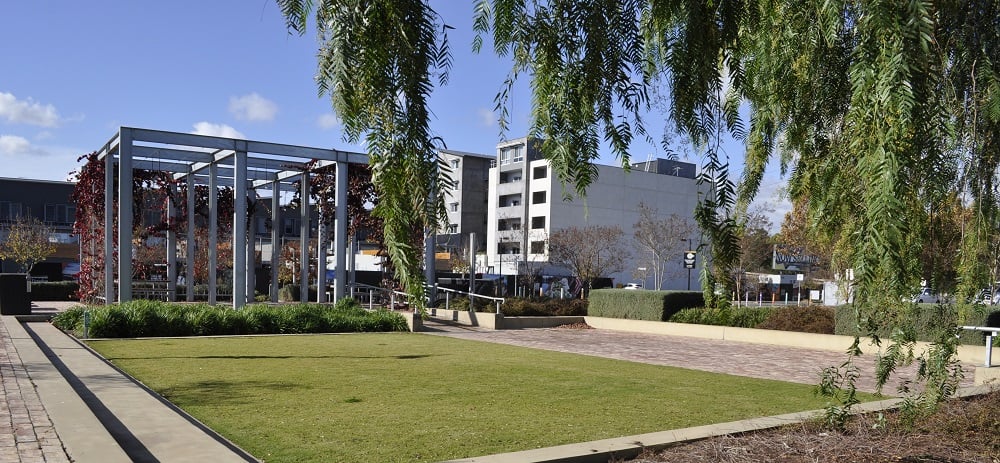
Fresh from her appearance at the 2nd Water Sensitive Cities Conference in Brisbane in September, Linda Choi, Monash University (Law Department) will present the key findings of the literature review to compare and contrast the WSUD policy frameworks of the five Australian cities Brisbane, Sydney, Melbourne, Adelaide and Perth at the Adelaide seminar Pathways to water sensitive communities through planning on 29 October 2015. Her presentation will offer possible opportunities for harmonising and reforming the WSUD policy frameworks within these jurisdictions.
A review of the policy framework for water sensitive urban design (WSUD) in five Australian cities – Brisbane, Sydney, Melbourne, Adelaide and Perth
McIllrath, B1,Choi,L.2 and Williams, D2
The implementation of WSUD requires an enabling framework. In the planning context, the policy frameworks relevant to WSUD vary from state to state. Some have state-wide policies that have general applications, and others require state policies to be adopted by councils at a local level. In most states, councils are at the forefront of policy development which has led to varying approaches to WSUD implementation at the local level.
The main issues emerging from the literature reviews are:
- Variation in the application of water quality targets as a key driver of WSUD policy frameworks. In some states water quality objectives derive from environmental legislation and have a binding status, whereas, in other states the water quality targets are ‘recommended’ or are applied in a discretionary sense.
- That different states provide councils with varying degrees of autonomy in adopting and implementing WSUD policies. This arises because the legal status of WSUD policy requirements varies from state to state. In some states, there are state-wide performance standards and objectives that are applied generally, whereas elsewhere, state policy has to be adopted into a planning scheme and applied at the local level for it to take effect.
- The sheer volume of policy and guidance literature that applies in each state. In most states, planners need to navigate large quantities of policy and guidelines dealing with WSUD policy which is often dispersed across a number of policy instruments. The CRC for Water Sensitive Cities project B5.1 (Statutory Planning for WSUD) considers whether this hinders or assists planners, and whether future policy development should seek to harmonise, consolidate and simply policy frameworks, and provide cost-benefit data which is easier to access and better tailored for use by decision makers.
1 Maddocks Lawyers
2 Monash University





